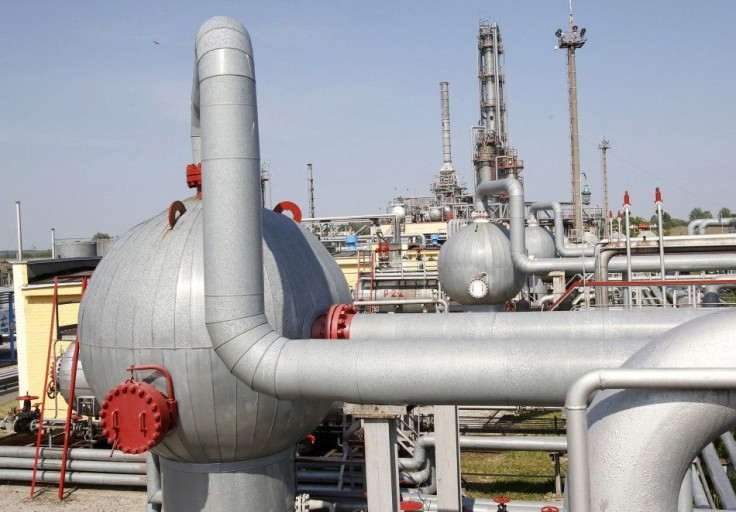Natural Gas Would Speed Up, Not Reduce, Global Warming: Study

Advocates for natural gas drilling have trumpeted its environmental benefits as an alternative to the coal that produces most of America's electricity, noting that natural gas emits about half the amount of carbon dioxide when burned as coal does.
But a new study sheds doubt on that claim, finding that a shift from coal to natural gas would in fact accelerate the planet's rising temperatures before slightly reducing them. Tom Wigley of the National Center on Atmospheric Research found that swapping the two fuels would increase global temperatures over the next four decades by about a tenth of a degree.
From the CO2 perspective, gas is cleaner, but from the climate perspective, it gets complicated, said Wigley.
Wigley's study does not dispute the fact that natural gas produces far less carbon dioxide, a key culprit in pushing temperatures steadily upwards. But coal also gives off sulfates and other particles that dissipate more quickly than coal fumes and effectively reflect sunlight away from the earth, cooling rather than warming. Those particles do increase air pollution and the likelihood of acid rain, but from a global warming perspective they are a source of relief.
There are vast reserves of natural gas trapped in underground formations throughout the United States, and some lawmakers have joined the oil industry in clamoring for access to an energy source that they say would lessen the country's dependence on foreign energy. But environmentalists warn that the technique used to harvest the gas, a method known as hydraulic fracturing that entails dislodging the gas by blasting water and chemicals deep underground, could contaminate water supplies and release methane.
Wigley's paper addressed the risk of releasing large amounts of methane. If the switch from coal to natural gas involved methane leakage of less than 2 percent, he predicted that global average temperature would drop by two-tenths of a degree by 2100. If the leakage rate is 10 percent, the rise in temperature would not level off until 2140. Either way, the fractions of a degree reduction would do little to offset a predicted overall rise of 5.4 degrees Fahrenheit by 2100.
Relying more on natural gas would reduce emissions of carbon dioxide, but it would do little to help solve the climate problem, said Wigley. It would be many decades before it would slow down global warming at all, and even then it would just be making a difference around the edges.
© Copyright IBTimes 2025. All rights reserved.





















